Law enforcement officers don't need a warrant to gain access to a cellphone's location data, as long as they obtain it from wireless carriers, a U.S. appeals court ruled on Tuesday.
The ruling was made possible because of a long-standing legal theory, working on the premise that the information is already being shared with a third party — specifically the carriers, Reuters said. The 4th U.S. Circuit Court of Appeals in Richmond, Virg. voted 12 to 3 in favor of the decision, overturning a split opinion from three judges at the court in 2015.
The dispute traces back to a series of armed robberies in and around Baltimore in 2011. Police secured 221 days of cellphone data from Sprint, including some 29,000 location records. Two people were ultimately convicted.
The judge writing for the majority opinion in today's ruling, Diana Motz, claimed that the decision doesn't violate the Fourth Amendement because cellphone owners know they're sharing location data with their carrier.
"Anyone who has stepped outside to 'get a signal,' or has warned a caller of a potential loss of service before entering an elevator, understands, on some level, that location matters," Motz argued.
The lead dissenter, Judge James Wynn, countered that wireless customers don't actively choose to submit their location, and hence that the data should be exempt from the third-party sharing theory.
Although the 6th U.S. Circuit Court of Appeals made a similar ruling in April, and the Supreme Court declined to review a case last year, the latter institution could eventually be forced to weigh in given lower-court challenges.
 Roger Fingas
Roger Fingas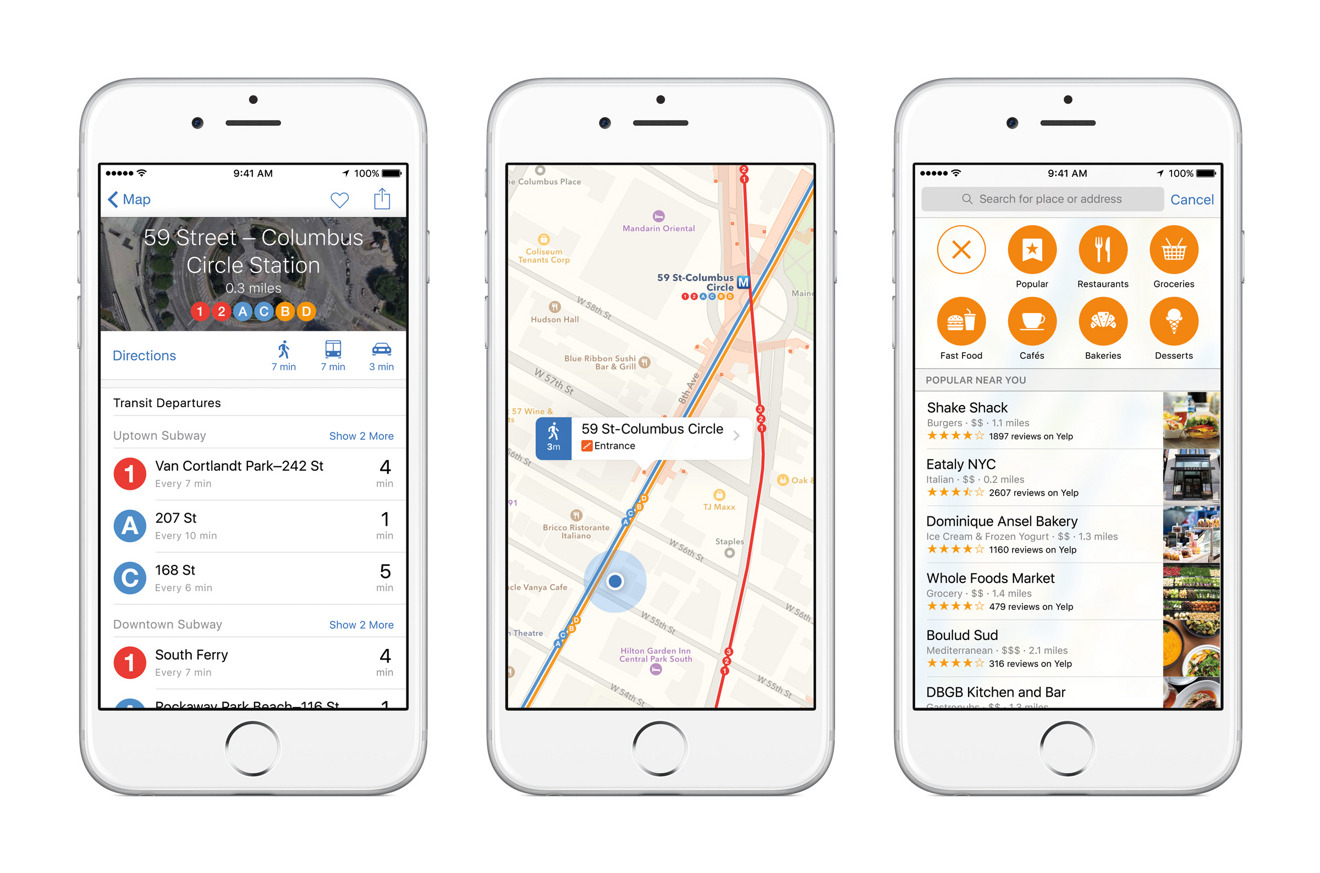
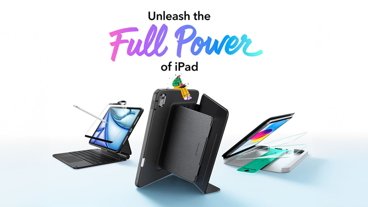



-xl-(1)-xl-xl-m.jpg)


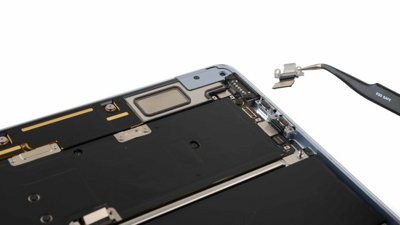
 Marko Zivkovic
Marko Zivkovic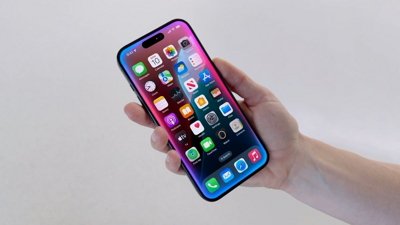
 Amber Neely
Amber Neely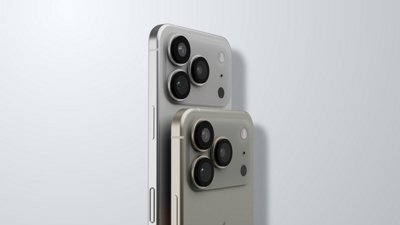
 William Gallagher
William Gallagher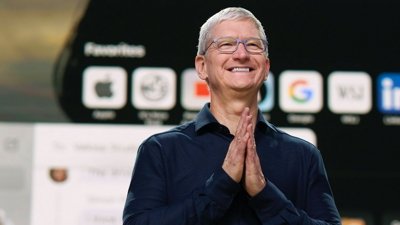
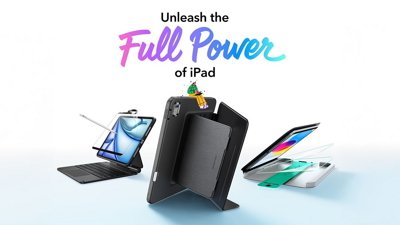
 Sponsored Content
Sponsored Content

 Malcolm Owen
Malcolm Owen
 Mike Wuerthele
Mike Wuerthele







30 Comments
Do we have any rights in this country anymore?
It sounds like Judge Wynn has the right idea. This needs to go to the SCOTUS.
This is total crap. We don't share our location with the carriers... The carriers track it, but that has nothing to do with us sharing it with them. Does this mean that they can get any call records without a warrant then too? By dialing a number you are sharing it with the carrier. This interpretation sounds like an incredibly dangerous precedent.
*disclousre: I have no idea what I'm talking about.
Is it possible for Apple to anonymize the packets of data sent to carries for location? Why is it necessary for carries to have access to your location, for billing purposes? I'm sure we'll see more encrypted measures for iOS 10 come WWDC16.
I guess it will be up to customers to demand that carriers respect their privacy when it comes to location and other data. But the carriers are beholden to the FCC. If they piss off the government too much, then they could get in trouble. The carriers have less incentive to fight the government on the behalf of customers than Apple does, because Apple doesn't really have any competition, since they own their products and ecosystem (arguably, Apple isn't too concerned with Android or Samsung or HTC or whomever). Each carrier has to compete every other carrier, and they have to stay on the government's good side.